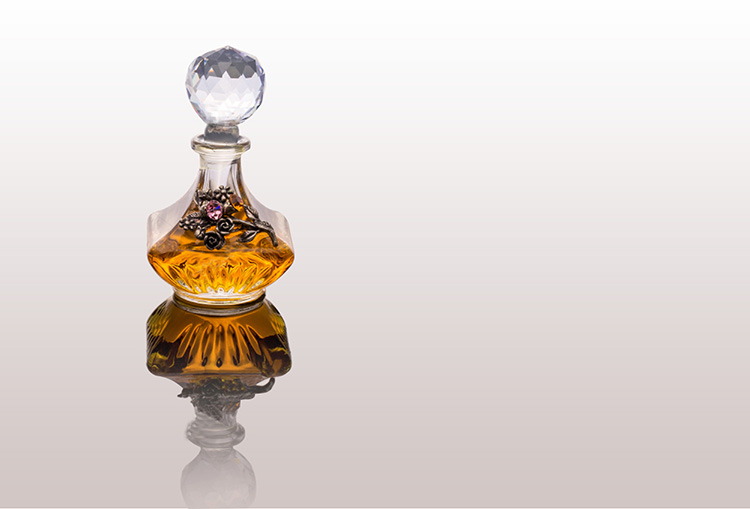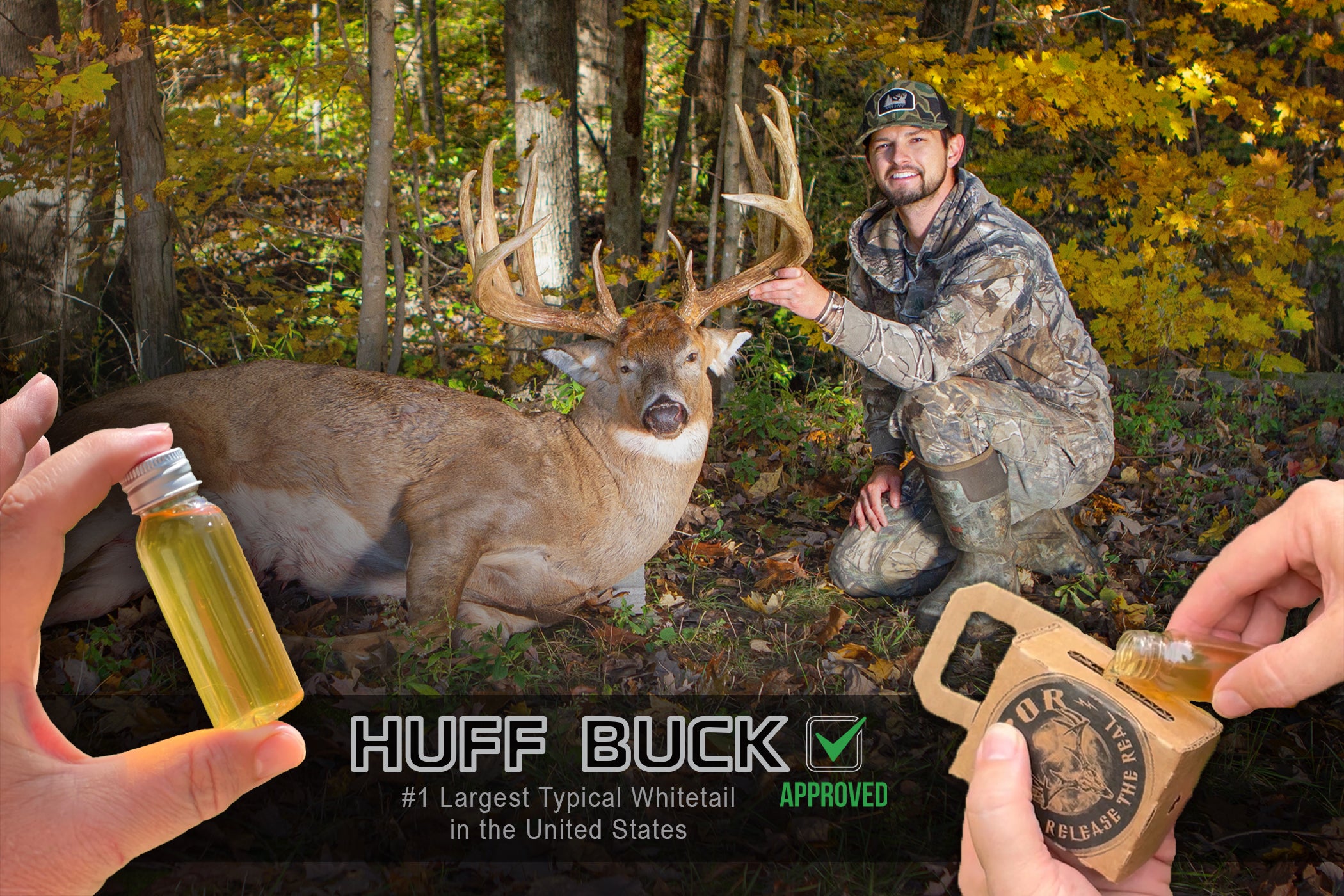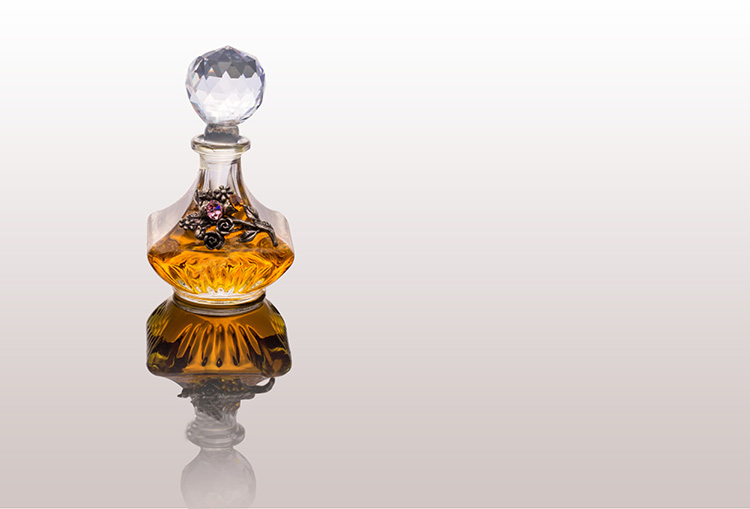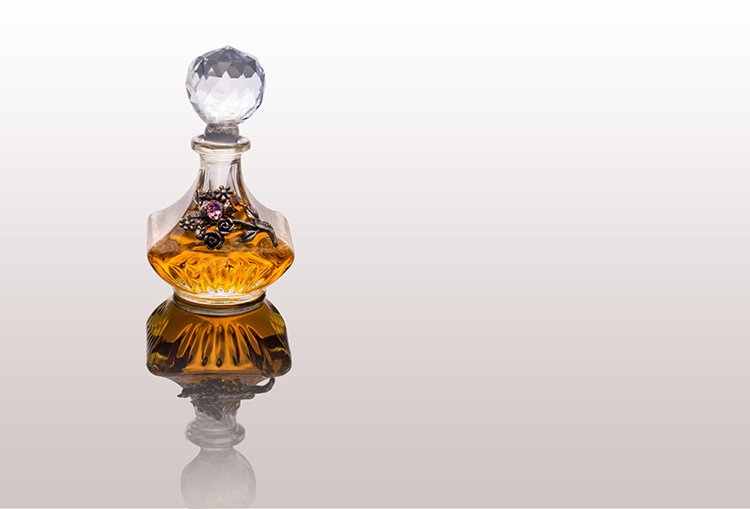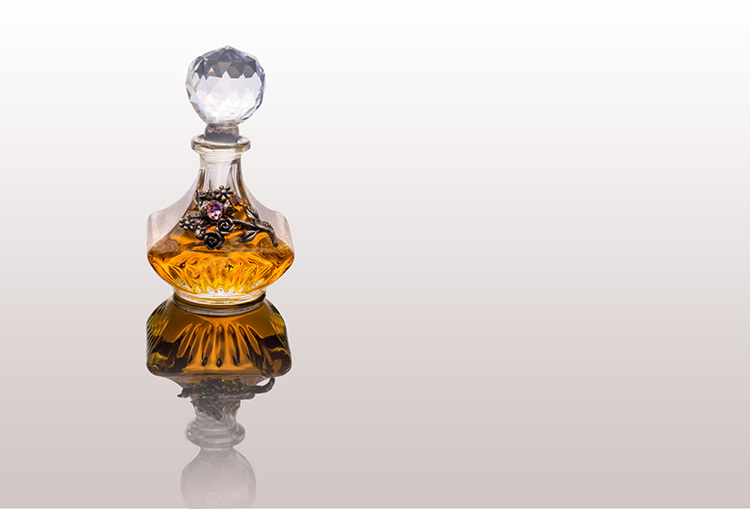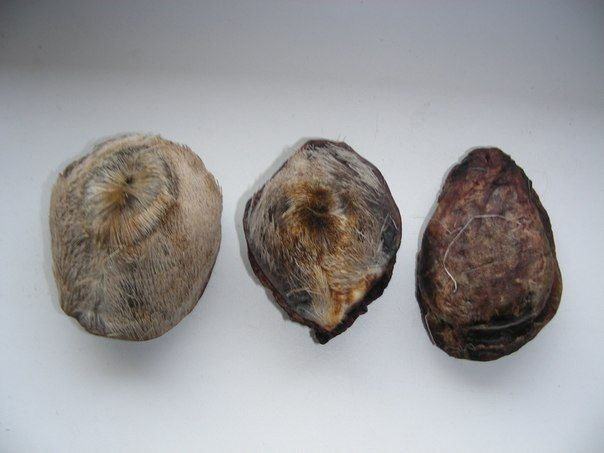Musk oil comes from the musk glands of certain animals, such as the musk deer or muskrat. Musk oil is a unique and sought-after substance that has been used for centuries in perfumes and cosmetics.
It is prized for its distinct, earthy aroma and its ability to enhance the fragrance of other ingredients. Musk oil is typically obtained from the musk glands of specific animals, such as the musk deer or muskrat. These glands secrete a waxy substance that is collected and processed to create the oil.
Due to concerns about animal welfare and conservation, synthetic musk is increasingly being used as a substitute for natural musk oil. However, the allure of authentic musk oil remains, making it a topic of fascination for perfume enthusiasts and nature conservationists alike.
Understanding The Fascination Behind Musk Fragrance
Musk oil, a captivating fragrance, has a rich and intriguing history in the perfume industry. Originating from musk deer, this oil has been prized for centuries for its unique scent. Musk fragrance holds great cultural significance, being associated with luxury, sensuality, and elegance.
It has been used in perfumes, colognes, and personal care products, adding depth and allure to those who wear it. Throughout history, musk has enchanted people, drawing them in with its alluring and intoxicating aroma. Its popularity has stood the test of time, evolving and adapting to the changing tastes and preferences of each era.
Today, musk oil continues to be a sought-after fragrance, invoking emotion and enhancing the wearer’s individuality. Understanding the fascination behind musk fragrance allows us to appreciate its timeless appeal and its contribution to the world of perfumery.
Traditional Sources Of Musk Oil
Musk oil, a highly valuable ingredient in many perfumes and fragrances, originates from traditional sources. One such source is the musk deer, which plays a crucial role in musk oil production. These deer inhabit specific regions and have unique natural behaviors that contribute to the extraction of musk oil.
They are found in various parts of Asia, including the Himalayas and the Siberian regions. Musk deer are known for their musk sacs, which are located in their abdominal areas, containing the precious musk secretion. This secretion has a strong and intense fragrance and is collected through ethical means, such as the extraction of glandular secretions without harming the deer.
The musk oil derived from these deer is then refined and used in the production of a wide range of luxury perfumes and cosmetics. Its distinct scent and limited availability make musk oil highly sought after by fragrance enthusiasts worldwide.
Synthetic Musk Oil: An Alternative Approach
Synthetic musk oil is an alternative to naturally derived musk oil. Researchers have focused on developing synthetic musk compounds to meet the growing demand. These compounds are synthesized in laboratories using various techniques and ingredients. One advantage of synthetic musk oil is its consistent quality and availability.
It eliminates the need for hunting or harming animals for their musk glands. Additionally, synthetic musk oil doesn’t contain impurities or contaminants that can be found in natural musk oil. However, there are some disadvantages to consider. One drawback is that synthetic musk oil may not perfectly replicate the scent profile of natural musk oil.
Some people argue that synthetic versions lack the complexity and uniqueness of the natural fragrance. Moreover, the production of synthetic musk oil can have environmental implications if not managed responsibly. Overall, synthetic musk oil offers an alternative approach that balances the demand for musk fragrance with ethical and sustainable principles.
Sustainability Concerns In Musk Oil Production
Musk oil, a popular fragrance ingredient, has long been sourced from musk deer glands. However, the environmental impact of hunting musk deer for this purpose raises sustainability concerns. As these animals are hunted for their musk glands, it significantly depletes their population, threatening their survival.
This practice raises ethical considerations, necessitating the need for sustainable alternatives. In recent years, synthetic musk has emerged as a more environmentally friendly option, offering a cruelty-free alternative to traditional musk oil. Additionally, advancements in biotechnology have paved the way for the creation of lab-grown musk, further reducing the reliance on hunting.
It is crucial that the beauty industry promotes sustainability and adopts these innovative alternatives to address the concerns surrounding musk oil production. By doing so, we can ensure both the preservation of musk deer populations and the creation of cruelty-free fragrances that align with our ethical values.
Modern Methods Of Musk Oil Extraction
Musk oil, an essential ingredient in the fragrance industry, is extracted through modern and innovative techniques. Bioengineering and biotechnology have revolutionized the musk oil extraction process. These advancements have allowed for more efficient and sustainable production methods. By harnessing the power of science, researchers have discovered new ways to extract musk oil from natural sources.
These methods not only ensure a higher quality and purity of musk oil but also reduce the impact on the environment. Through careful research and experimentation, scientists continue to improve and refine the techniques used in musk oil extraction. As a result, the fragrance industry can meet the growing demand for musk oil while also protecting wildlife and their habitats.
Exploring Other Sources Of Musk Oil
Musk oil, a popular fragrance ingredient, is sourced from various natural and synthetic sources. While traditionally obtained from the glands of musk deer, there are now alternative methods for its production. Synthetic biology plays a significant role in the creation of musk oil in laboratories, utilizing genetic engineering techniques to mimic the natural musk scent.
This approach not only reduces the dependence on animal-derived musk but also allows for controlled production and customization of the fragrance. Furthermore, plant-based alternatives are gaining prominence in the fragrance industry. Botanical extracts and essential oils, such as ambrette seed, tonka bean, and vetiver, offer sustainable and cruelty-free alternatives that mimic the earthy and musky aroma of traditional musk oil.
These emerging sources present exciting possibilities for creating musk fragrances that align with ethical, environmental, and consumer preferences.
The Future Of Musk Oil Production
Technological advancements are playing a significant role in shaping the future of musk oil production. Sustainability initiatives and conservation efforts are being undertaken to ensure the long-term viability of this industry. The goal is to extract musk oil in a way that is both environmentally friendly and preserves the delicate ecosystems where the musk deer reside.
By implementing innovative techniques and utilizing state-of-the-art machinery, producers are able to extract musk oil without endangering the species or their habitats. This focus on sustainability is not only crucial for the preservation of these animals but also for meeting the growing demand for musk oil in various industries.
Through these initiatives, the future of musk oil production looks promising, as it combines advanced technology with a commitment to protecting the environment.
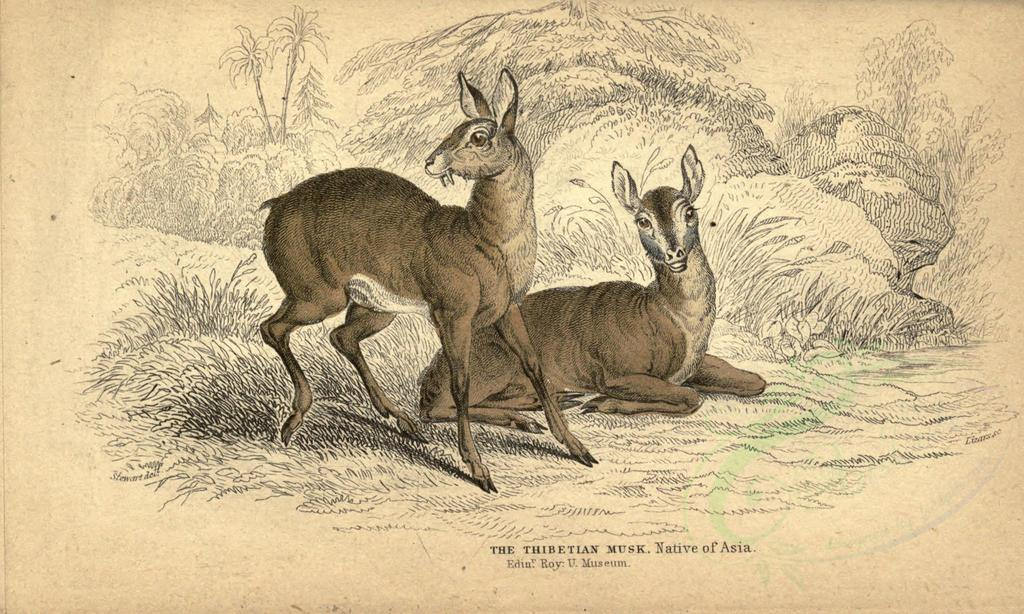
Credit: en.wikipedia.org
Frequently Asked Questions For Where Does Musk Oil Come From
How Is Musk Oil Extracted?
Musk oil is extracted through a process using glands found in musk deer.
What Is The Origin Of Musk Oil?
Musk oil originates from the glandular secretions of musk deer. It is a unique and valuable perfume ingredient.
How Do You Extract Musk From A Deer?
To extract musk from a deer, the musk gland is carefully removed during a specialized procedure.
How Is Musk Made Today?
Musk is made today through synthetic methods using chemicals and ingredients, replicating the natural scent.
Conclusion
Musk oil, a fascinating fragrance that has captivated civilizations for centuries, originates from a variety of natural sources. Its alluring scent can be traced back to the musk deer, a unique species found in Asia and the Himalayas. These remarkable creatures possess a scent gland that secretes a substance known as musk, which is then harvested for its aromatic qualities.
In addition to musk deer, other animals such as muskrats and civet cats are also sources of musk oil. Furthermore, advancements in modern technology have allowed for synthetic musk to be produced, providing an environmentally friendly alternative to natural musk. Whether obtained from animals or created synthetically, musk oil continues to be highly sought after in the perfume industry and as an ingredient in various skincare products.
Its exotic and sensual scent adds a touch of allure to any fragrance, making musk oil a timeless and beloved ingredient in the world of perfumery.

